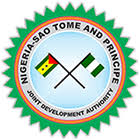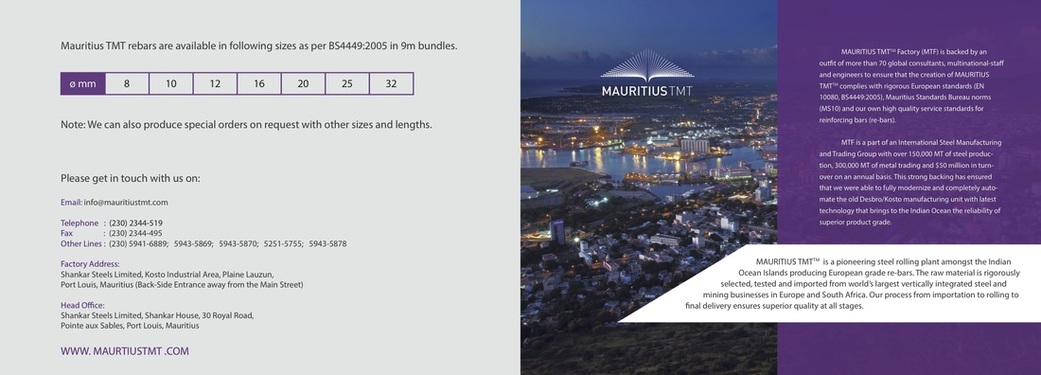Why Register?
- List Your Business
- Business Matchmaking
- WhatsApp Chat
- Personal Messaging
- Showcase Your Products

Nigeria-São Tomé and Principe Joint Development Authority
Industrial Supplies
- Wuse II, Abuja,, Nigeria

Nigeria-São Tomé and Principe Joint Development Authority
Industrial Supplies
Wuse II, Abuja,, Nigeria
The Nigeria São Tomé & Príncipe Joint Development Zone (JDZ) is an area of overlapping maritime boundary claims that will be jointly developed by the two countries. In November 1999, the Heads of State of Nigeria and of São Tomé & Príncipe provided the mandate for officials of both countries to commence negotiations on the territorial claims of the two countries. In December 1999 formal maritime boundary talks commenced and in August 2000 the Heads of State agreed on the joint development of resources in this region. Following a period of discussions, a formal Treaty on the joint development of resources was developed and this has now been signed and ratified by the two countries.
The Treaty was signed by Heads of State and subsequently ratified by respective legislatures in February 2001. THE JOINT DEVELOPMENT ZONE TREATY The key provisions of the treaty are: • Definition of the Joint Development Zone by co-ordinates • 60% of resources to Nigeria, 40% to Sao Tomé and Principe. • Treaty to last for 45 years with review after 30 years. • No renunciation of claims to zone by both countries. (download the JDZ Treaty as an Acrobat PDF file) JOINT MINISTERIAL COUNCIL The affairs of the Joint Development Zone will be managed by a Joint Development Authority (JDA) that reports to a Joint Ministerial Council. The Council has overall responsibility for all matters relating to the exploration for and exploitation of the resources in the JDZ, and such other functions as the States Parties may entrust to it.The key functions of the Council are: • to give direction to the JDA on the discharge of its functions under the terms of the Treaty; • to approve rules, regulations (including staff regulations) and procedures for the effective functioning of the JDA; • to consider and approve the audited accounts and audit reports of the JDA; • to consider and approve the Annual Report of the JDA; • to review the operation of the Treaty and to make recommendations to the States Parties on any matter concerning the functioning or amendment of the Treaty as may be appropriate; • to approve development contracts which the JDA may propose to enter into with any contractor; • to approve the termination of development contracts entered into between the JDA and contractors; • to approve the distribution to the States Parties of revenues or products derived from development contracts in the Zone; • to consider and approve the annual budget of the JDA; • to approve the opening of bank accounts by the JDA; • to vary any time limit imposed upon the JDA under the terms of this Treaty; through consultation, to settle disputes in the JDA; • to appoint the external auditors for the JDA and approve their remuneration.
The Council, its members and its Secretary shall be entitled to use the services of the Secretariat of the JDA as necessary for the discharge of their functions under the Treaty. THE JOINT DEVELOPMENT AUTHORITY The JDA was formally inaugurated in January 2002.
The JDA has been established in international law and under the law of each of the States Parties and such legal capacities under the law of both States Parties as are necessary for the exercise of its powers and the performance of its functions. In particular, the JDA shall have the capacity to contract, to acquire and dispose of movable and immovable property and to institute and be party to legal proceedings. Unless and until the Council otherwise decides, the head office and seat of the JDA shall be at Abuja, Nigeria, with a subsidiary office in São Tomé, São Tomé & Príncipe. The JDA, subject to directions from the Council, is responsible for the management of activities relating to exploration for and exploitation of the resources in the JDZ, in accordance with the Treaty. In particular, the JDA shall have the following functions: • the division of the Zone into contract areas, and the negotiation, tendering for and issue and supervision of contracts with respect to such areas; • entering into development contracts with contractors, subject to the approval of the Council; • oversight and control of the activities of contractors; • recommending to the Council the termination of development contracts; • terminating development contracts, subject to the approval of the Council; • subject to paragraph 2 of Article 18, collecting and, with the approval of the Council, distributing between the two States Parties the proceeds or products of the JDA's share of production from development contracts; • preparation of budgets of the Authority for submission to the Council; • expenditure shall be incurred in accordance with budgets or estimates approved by the Council or otherwise in accordance with regulations and procedures approved by the Council; • controlling the movements into, within and out of the Zone of vessels, aircraft, structures, equipment and people; • the establishment of safety zones and restricted zones, consistent with international law, to ensure the safety of navigation, petroleum activities, • fishing activities and other development activities and the effective management of the Zone; • issuing regulations and giving directions on all matters related to the supervision and control of operations, including on health, safety and • environmental issues; • the regulation of marine scientific research; • preparation of Annual Reports for submission to the Council; • inspecting and auditing contractors' books and accounts relating to development contracts, for any calendar year; • making recommendations to the States Parties on any issues arising as to the applicable law, and on any changes to that law which may be necessary to • promote the development of the resources of the Zone; • the preservation of the marine environment, having regard to the relevant rules of international law applicable to the Zone; • the collection and exchange of scientific, technical and other data concerning the Zone and its resources; • the appointment and dismissal of technical and other staff of the Authority other than Executive Directors; • requesting action by the appropriate authorities of the States Parties consistent with this Treaty, in respect of the following matters: a. search and rescue operations in the Zone; b. deterrence or suppression of terrorist or other threats to vessels and structures engaged in development activities in the Zone; and c. the prevention or remedying of pollution; • consideration of matters from time to time specifically referred to it by the Council or by either State Party; and • such other functions as may be conferred to it by the Council. The JDA is governed by a Board consisting of four Executive Directors. Two appointed by the Head of State of Nigeria from among Nigerian nationals of suitable qualifications and experience, and two appointed by the Head of State of São Tomé & Príncipe from among nationals of São Tomé & Príncipe, of suitable qualifications and experience. All such appointments shall be effected by notice in writing served upon the Head of the other State Party. Executive Directors shall hold office for such period as the appointing Head of State shall determine, normally for a period of six years once renewable or until a replacement is appointed. Executive Directors may from time to time be assigned by the Council, on a three year basis, to head various departments of the Authority, including to act as Secretary of the Authority and Head of the Secretariat. The Board meet on the request of the Council, either State Party or any Executive Director, or otherwise, as often as necessary for the discharge of its functions.

























